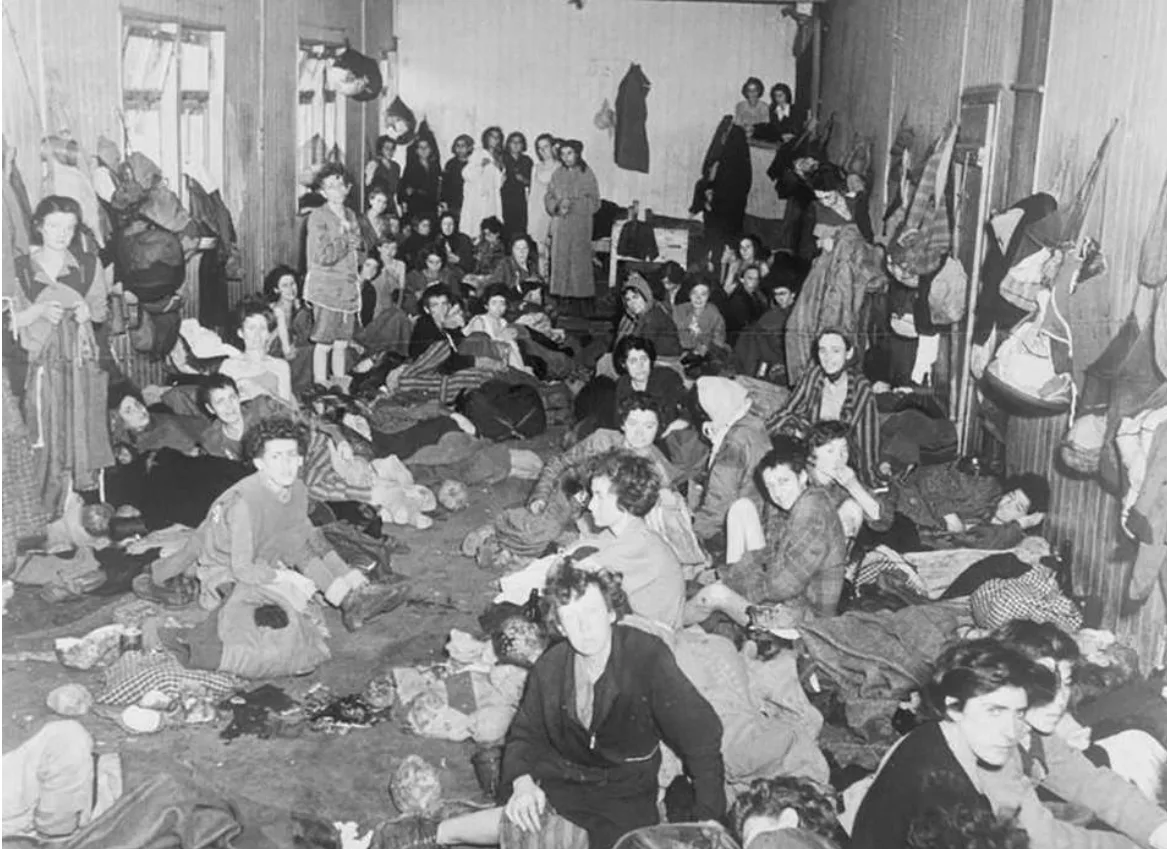Battle story
The battlefield is the hearts of the people
By Pierre Chopinaud
(Previously…)
When the Askola team told us about the injustice that was overwhelming the parents and children they were accompanying on their way to school, we said: let’s drop morality, let’s drop the rules of the administration: we will try to forge together “the sword”, that is to say the strength and power that we need to give back their dignity to these children…
“Alisa and Mirela would be the two rotating forces that through their movement would draw other women into action”
We saw right away that one of Askola’s strengths was the people who were part of the team. Among the employees, there were Mirela and Alisa, two young women, mothers themselves, who had had, in the past, the misfortune of living for a long time in shanty towns or on the streets, with their children, and who had found in themselves and around them, the power to emancipate themselves. Thus, they had in the past experienced themselves the injustice encountered by the mothers and children that they now accompanied as school mediators.
If they were willing, Alisa and Mirela would be the two pillars on which we would base our new organization, or more precisely: the two rotating forces that through their movement would draw other women who resemble them, but who are intimidated and paralyzed by powerlessness, into action. We would have to train Mirela and Alisa to leadership.
“In the state of subalternity, powerlessness is such that it deprives one of the time required to strive to regain one’s dignity.”
It was therefore a stroke of luck to have Mirela and Alisa in the initial team. Because their presence allowed us to immediately overcome a first major obstacle that we encounter in this type of situation. In the state of subalternity that people who live in shanty towns in France find themselves in, the helplessness is such that it deprives them of the time required to try to regain their dignity. All the time available is completely absorbed by the imperative of material and biological survival. The state of emancipation that Alisa and Mirela had achieved thanks to their employment situation gave them the time, and therefore the power, to act to encourage other women to take action. It was also essential that the call to action come to them from people who shared or had shared their condition.
In addition, for us to start building an organization together, Mirela and Alisa’s employers, who were none other than the second part of the team, Emmanuelle and Lucile, had to decide that part of the employees’ time previously devoted to the school mediation service would now be dedicated to political action. Among these four women there was great confidence, and great power to play with their relationships, their identities, and their stories. It was this confidence, this power, this game that allowed such a force to be unleashed from this small initial group.
““This is the whole meaning of “radical non-mixity” which is a tactic delimited in time and space of organization”
The first thing we did together was to organize discussion groups. Since Mirela and Alisa had agreed to be the pillars around which a larger number of people would gather, their first task was to invite other women whose children they usually enroll in school: “I would like to meet up, but this time not as a school mediator, but as a mother who cares about my children’s lives. I invite you to have a coffee with other women to discuss our experiences as mothers.”
Why only women? Why not men? First, because Mirela and Alisa are women. Second, because the goal of this tactic—the discussion group—is to connect the people who participate in it through heart and mind so that they form, through words, a community of experience, values, and emotion. But after reflection we made the hypothesis that the presence of one or more men – like the presence of any person who did not share the same condition – could be an obstacle to this operation of relating hearts. This is the whole meaning of “radical non-mixity” which is a tactic delimited in time and space of organization
One of Askola’s work tools: it is the school truck; a small truck in the dumpster is transformed into a classroom. They have two. That day to organize the discussion groups, Mirela Alisa Lucile and Emmanuelle transformed the school trucks into small living rooms. Because of the radical non-mixity of the operation decided collectively, Lucile and Emmanuelle, who are usually the hierarchical superiors of the other two, considered that their role that day would be to be at the service of others: they decorated the living room, held the door, looked after the children, served coffee, and picked flowers.
“At the heart of these mothers’ stories were their children and their right not to suffer the suffering that had been theirs.”
Mirela and Alisa each welcomed four young women one afternoon in a van-salon. They each first told their story, following a framework that we had prepared together: what was the experience they had as a little girl in their country of birth, since even there – in Romania – they belong to a minority – Roma -, what reason, what drama, what hope led them to emigrate; what they suffered when they arrived in France, the experience of exile, of the unknown, of poverty, and finally the reason for their effort to use the means of school to offer their children a better life than theirs, and especially the difficulties they encountered. At the heart of these mothers’ life stories were their young children and the right they have not to suffer the suffering that had been theirs, but especially the anger they have in the face of all those who want to deprive them of this simple happiness. In addition to holding the door, serving coffee and cakes that day, Emmanuelle and Lucile had the days before had Alisa and Mirela rehearse, like actresses, their stories that together we had written down. The goal of the tactic was to touch the women’s hearts with emotion in order to encourage them to take action together. After they had each opened their hearts to each other in the 2 small vans, they were all connected together by emotion and formed a community of value and experience, a community of suffering and humiliation, but above all a community of love for their children.
“These ten women were ready together to take action because it was about the value they give to what is most precious in the world: the dignity of their children”
Mirela and Alisa had mastered the tactic, exercising leadership, leading through their movement, their power to speak, others around them and with them: these ten women were ready together to take action because it was about the value they give to what is most precious in the world; the dignity of their children.
So after, through the power of speech, courage, solidarity, joy, had replaced fear, isolation, and sadness in the hearts of each of them; Alisa and Mirela asked them if they were ready to fight together against the discriminatory refusals of school registration of which the mayors of the department were guilty. They said: “we are” and they chose their name. We had created the “collective of mothers – school for our children”. And since it was International Women’s Day, to end the day, Emmanuelle and Lucile came to offer bouquets of roses to each of us.
Now we had to take action and for that, design our battle plan….
(More in the next episode….)


